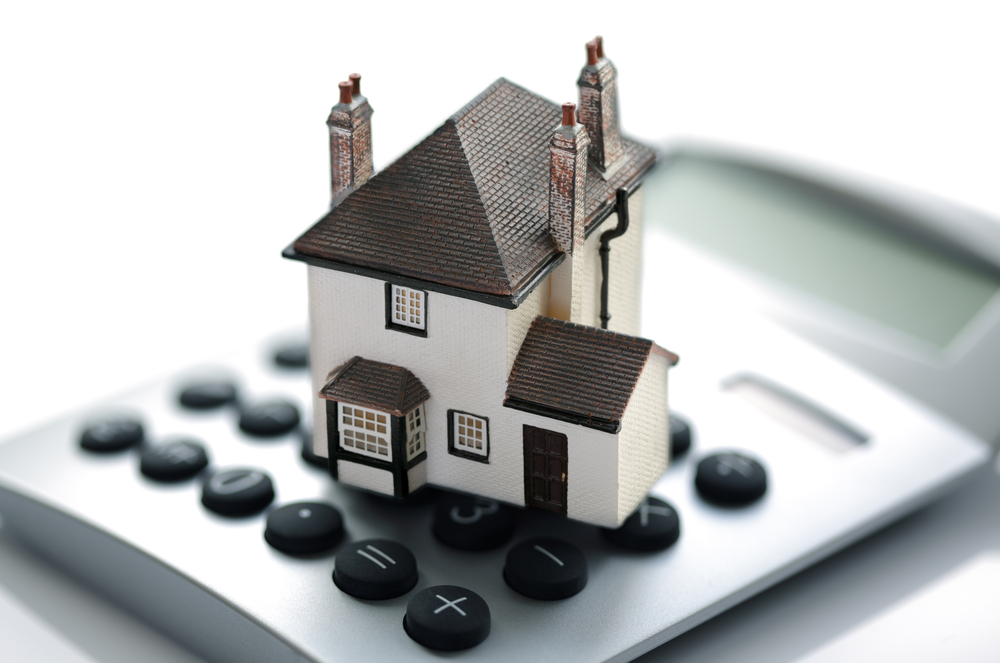Household Bills
Mortgage bill shock is real: Base rate hiked to 5% adding ANOTHER £64 a month

The Bank of England has raised the base rate for the thirteenth time to stand at 5%, adding a near instant £64 a month to variable mortgage deals which are already £561 higher since the hiking cycle began.
The Bank’s Monetary Policy Committee (MPC) voted by a 7-2 majority to raise interest rates by 0.5 percentage points from 4.5% to 5%. Two members preferred to maintain bank rate at 4.5%.
This is now the thirteenth base rate rise since the Bank started its hiking cycle in December 2021 from the historic 0.1% low in a bid to curb inflation which has stuck at 8.7% in the year to May. The base rate was last at 5% in April 2008.
This latest rise is likely to feed into higher mortgage costs for the hundreds of thousands of homeowners on variable rates, while for savers, the assumption is that it’s good news. But the rate hike was already largely priced in so savers are told not to expect a big leap in these rates.
For those with debt and credit cards, it could mean higher rates, making it more expensive to pay back any money borrowed.
And worse it yet to come as the financial markets are forecasting the base rate to peak at 6% by the end of the year.
Full impact on variable rate mortgage holders
Anyone on a variable rate mortgage – an estimated 1.41 million borrowers as at December 2022, according to UK Finance – can expect to see a near instant increase to monthly payments on tracker and Standard Variable Rate mortgages.
Calculations by TotallyMoney and Moneycomms revealed that, based on the average UK property (£270,708 in November 2021 before the series of rate hikes) with a 75% loan-to-value ratio, monthly mortgage payments will increase by £64.
While this sum may seem small, given the 13 back-to-back rate hikes, it means these homeowners will be forking out an extra £561 each month compared to the low-rate environment seen back in November 2021 ahead of the onslaught of rate hikes.
For these homeowners in London, based on the average property value of £519,934 back then, they would see an extra £122 added to monthly bills. Overall, they will be paying an additional £1,078 a month compared to 2021.
According to data from Moneyfacts, the average default Standard Variable Rate (SVR) has climbed from 7.37% in May to 7.52% in June. Two-year fixed rates have risen from 5.26% last month to 5.49%, while five-year deals are priced at 5.17%, up from 4.97% a month ago.
Meanwhile, 1.4 million households will be in for a bill shock when their current deal comes to an end, with 800,000 coming to remortgage before the end of the year. For those remortgaging soon, they will see rates jump from below 2% to those breaching 6% on a two-year deal.
While lenders have been urged to show forbearance for struggling borrowers, chancellor Jeremy Hunt has ruled out introducing a mortgage relief scheme at source saying that it could fuel further inflation.
However, MoneySavingExpert.com founder, Martin Lewis, had an urgent private meeting on mortgages with the Chancellor yesterday, and a separate conversation with shadow chancellor Rachel Reeves.
The Chancellor is also expected to meet with banks on Friday to discuss the situation. It will be interesting to see what comes out of both these meetings as a result.
Ask for help if you need it
Alastair Douglas, CEO of TotallyMoney said: “With inflation still far higher than its 2% target, the Bank of England is relentlessly ramping up interest rates in a bid to slow spending, with belief being that for every £1 increase to a homeowners mortgage repayments, they’ll reduce overall spend by 40 pence.
“While some have remained immune to the series of hikes, over a million fixed-rate deals are coming to an end this year — many of which were locked in at less than 2%, while the new average fixed rate deal now sits above 6%.”
Douglas added that many will be asking themselves if they should secure a new deal, or wait for rates to drop.
“The truth is that everybody’s personal situation is different, so there’s no single right answer.
“Make sure you do some research and then get in touch with an independent mortgage broker who can look at the whole market for your best borrowing options. You should also make sure the information on your credit report is correct and up-to-date — it’s free to do and could save you thousands of pounds as the best offers will usually be reserved for those with the best scores.
“While the Government has ruled out the provision of financial assistance for struggling mortgage customers, the Financial Conduct Authority has ordered banks to support those who need it. Options include moving to reduced monthly payments or extending the mortgage term.
“So contact your lender and ask for support — and remember, this won’t impact your credit rating. However, missed payments can — and they could stay on your credit file for up to six years. If these persist, you might end up in mortgage arrears, leading to court action and even repossession,” he said.
Related: ‘Repossession is a last resort’: Five options if you’re struggling with your mortgage
Beat expensive fixed rate mortgages with these three alternatives